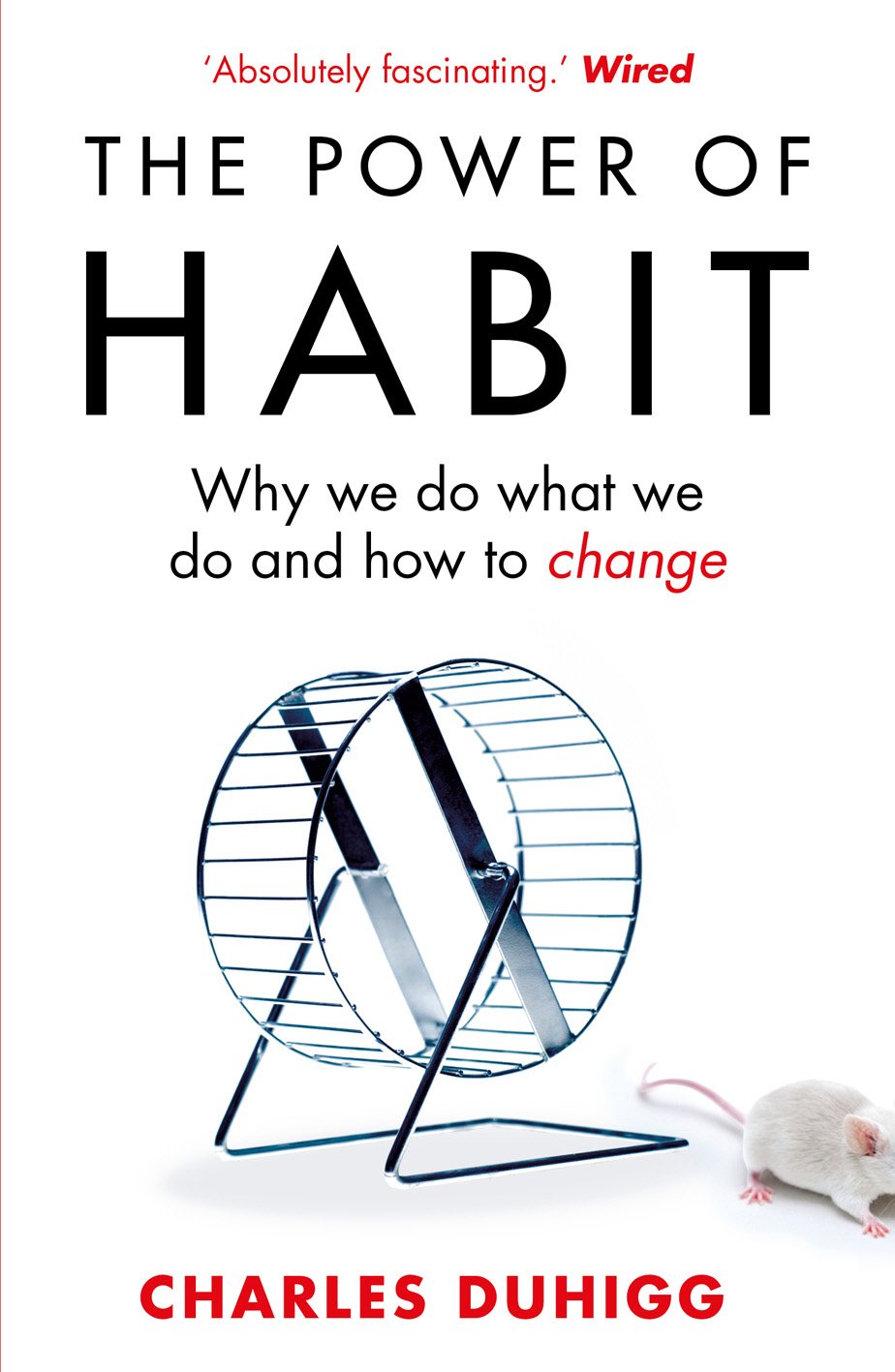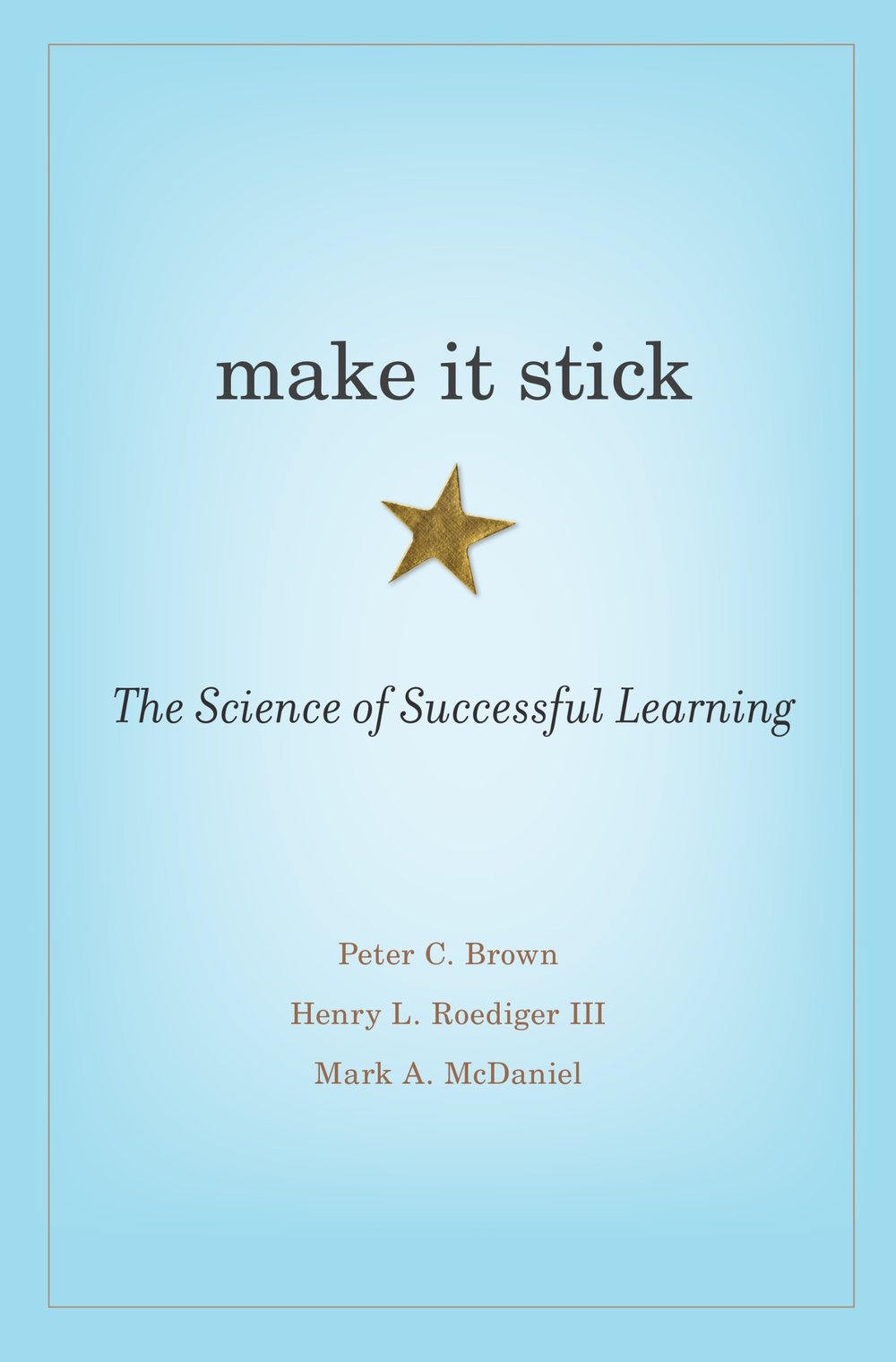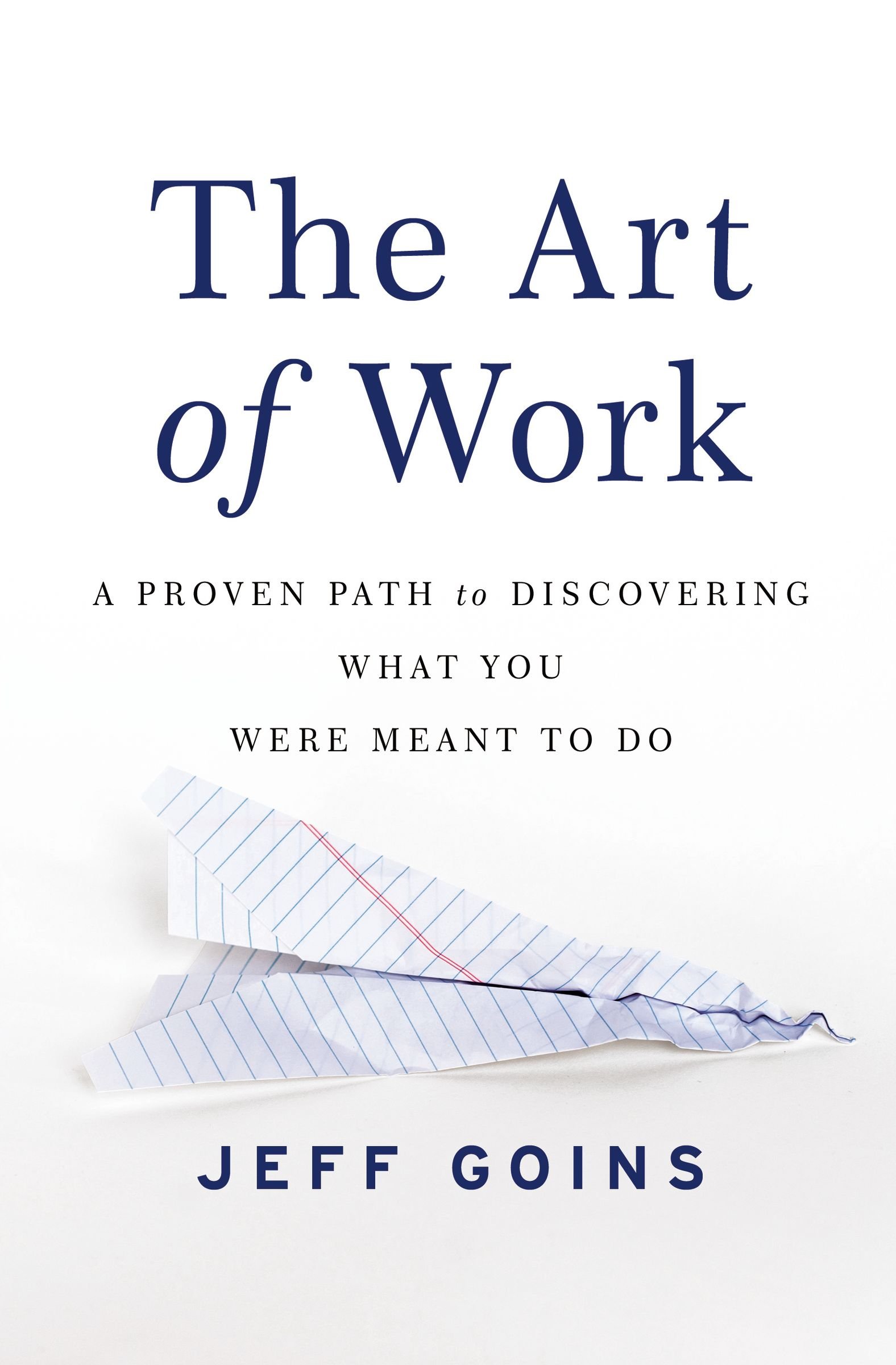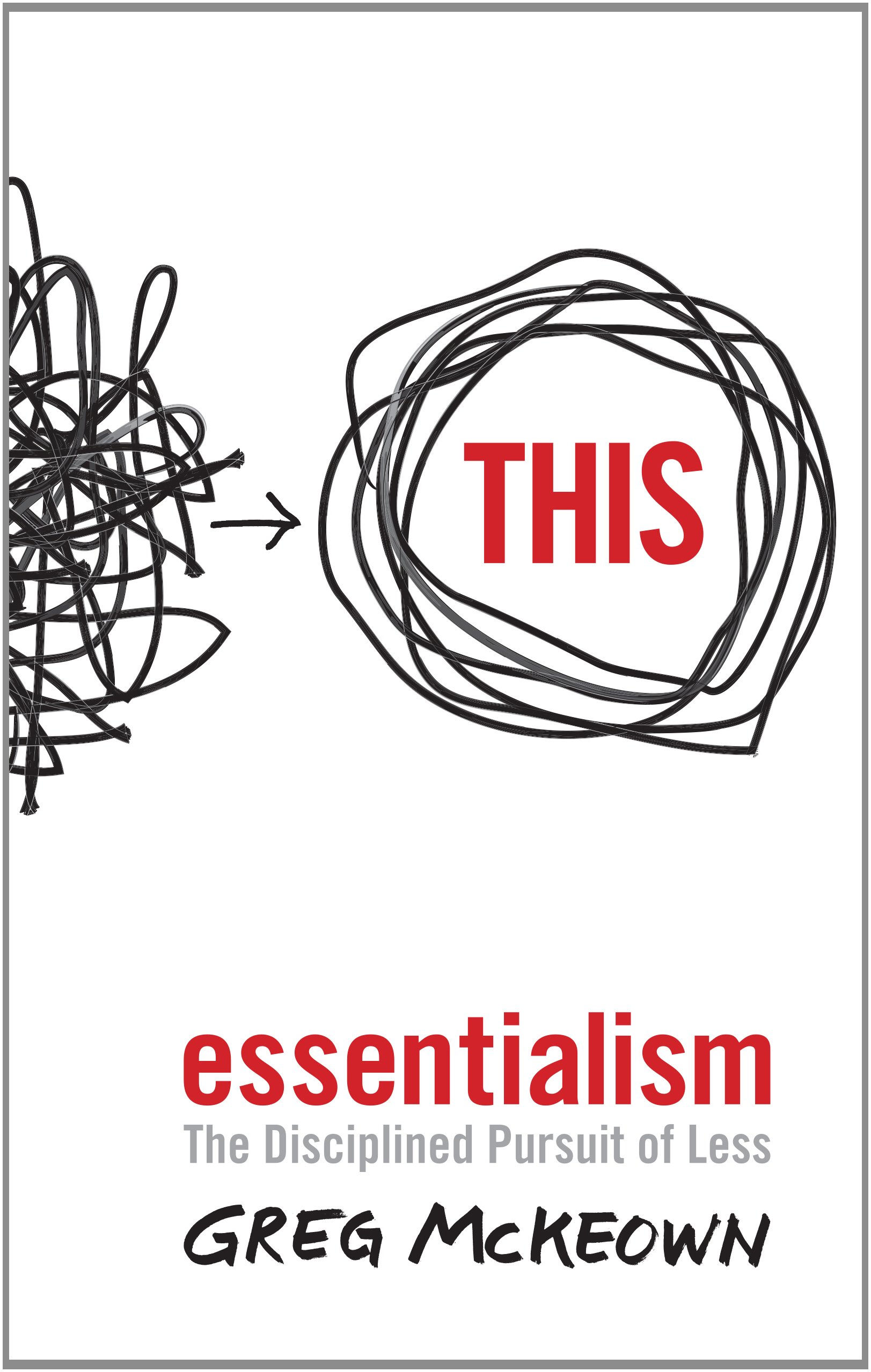Think about just how little time we have
Four thousand weeks by Oliver Burkeman was prompted by the observation that most of us have about 4000 weeks on this planet. A substantial chunk of this is in childhood and a variable amount may be in poor health.
It’s actually not that long.
Burkeman argues that when we acknowledge and accept our finite capacity helps us get stuff done: if we can visualise the sands of time slipping away we are less likely to squander time through procrastination.

Key points:
- We have so little time yet when we try to save time we feel busier and this makes us experience less of the life we do have
- It often minimises how ‘present’ we are and therefore how much of life we actually get out
- There is a culture of ‘hustle’ that has spread from within business to among other aspects of life
- It is common to have a perpetual feeling of living for some later time
- Embracing (or at least acknowledging) our mortality gives meaning and importance to our time
- This is similar to the concept of needing to accept that missing out on some things is necessary to make other part of life more meaningful
- If we don’t accept our limited capacity (due to our mortality) then we will either try to: a) do everything, b) put off truly committing to anything (i.e. procrastination)
- The problem in choosing what to do with our time is too many big rocks (e.g. family, work, health), not recognising what is or isn’t big, so:
- ‘Pay yourself’ first (start with the most important big rock)
- Have no more than 3 important “to do’s” at any one time
- What we give attention to is life so distraction affects what our life consists of
- But how we distract ourselves is really just a manifestation of the urge not to confront our finite capacity to do stuff
- Don’t forget how amazing it is that we’re having any experience at all
- Value of time shared with other people
- Three questions to help decide whether to do something:
- Will this expand me as a person?
- Am I holding myself to impossible standards?
- How would I act differently if I didn’t care about seeing the outcome? (i.e. with a very long-term outcome)
This book incorporates many stoic principles, particularly around ‘meditating on mortality’ to help focus us on the present.
More books like this:
Essentialism by Greg McKeown
The subtle art of not giving a f*ck by Mark Mason
The practicing stoic by Ward Farnsworth



